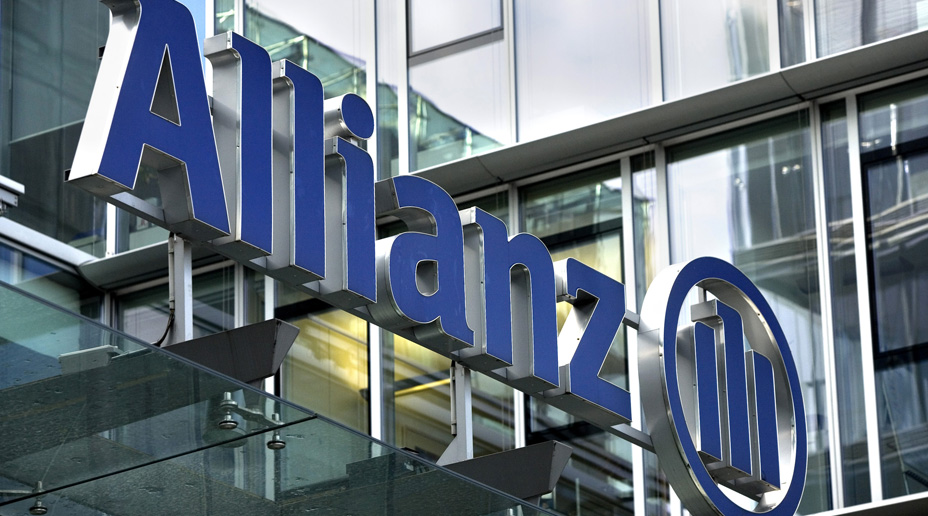Let’s compare this to insurance products we’re all familiar with buying. For car or home insurance the contract term to which the policy operates is, in most circumstances, for 12 months. Under these types of policies, claims tend to be restricted to the period that the policy is in force and settled quickly.
This isn’t the case with ATE, where policies are in effect open ended until the legal claim has concluded. The importance of the underwriting insurer’s financial security can’t be underestimated, especially when the policy needs to be called upon many years after taking it out. For example in Clinical Negligence cases, 75% of cases can take up to four years to settle one way or the other (win or lose).
Whilst some cases, such as Road Traffic Accident (RTA) personal injury cases generally settle much quicker, each claim is very unique and the solicitor must have confidence in recommending products to clients that are capable of providing continued protection for the life of the claim, no matter how long this may take.































